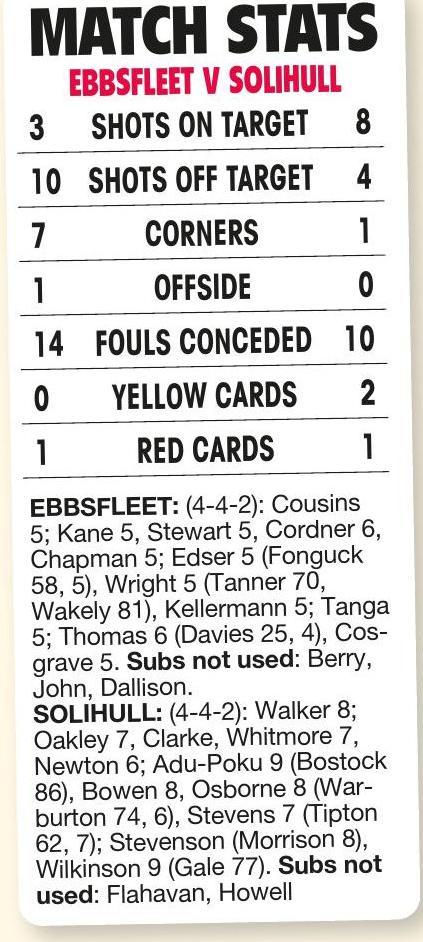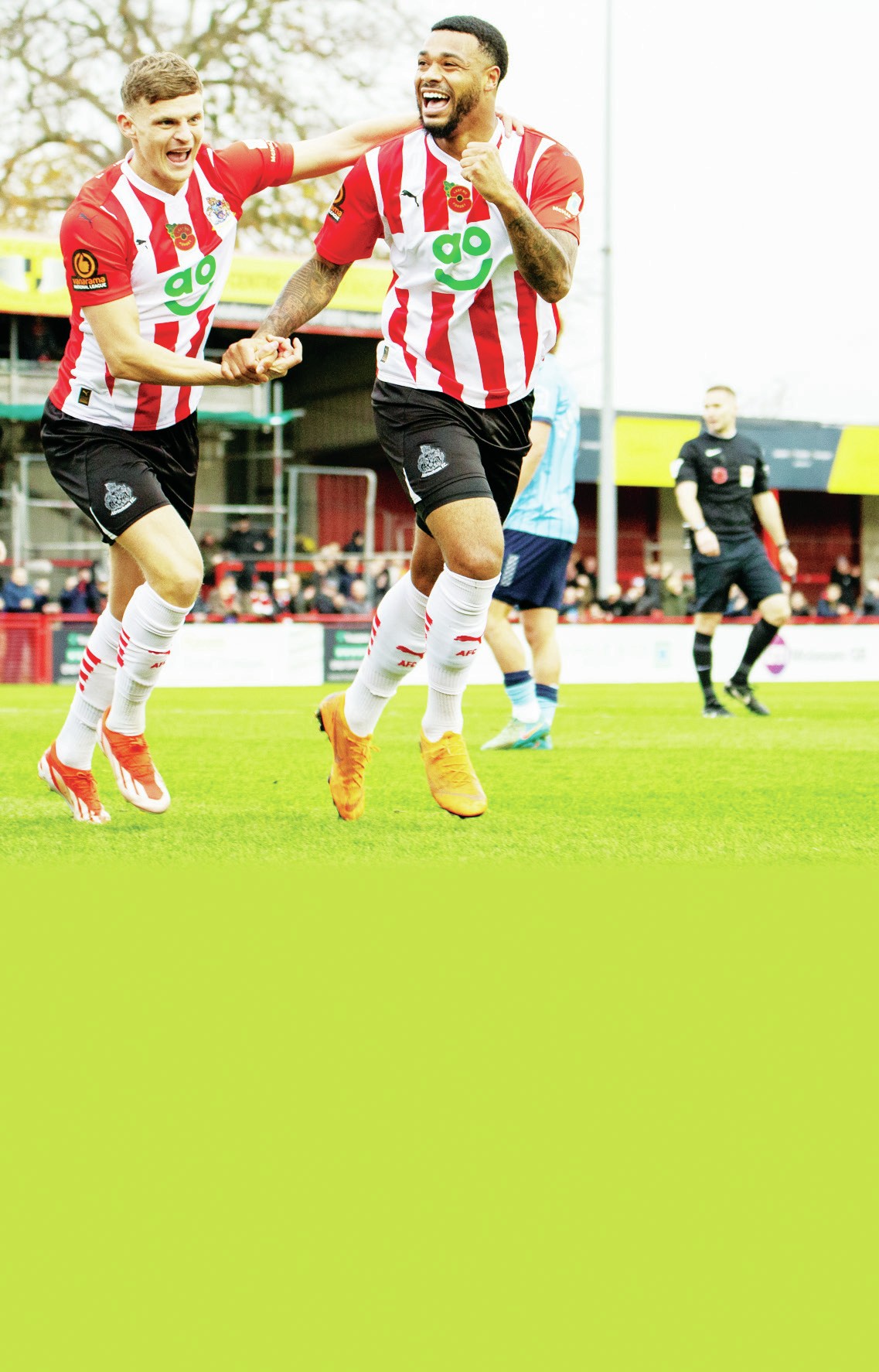
Playing For Your Future
AS THE season comes to an end, the concluding few weeks tend to be an edgy and tense time for players.
My current position is that I’m approaching the end of my contract, like thousands of other players out there. When this happens, it becomes quite nerve-wracking and anxious.
You find yourself counting down the days, hoping you will be offered that new contract you are yearning for, whether at your present club or elsewhere.
When a dozen or so players in your team are in the same position, you start to see the true colours of some team-mates. As the roller-coaster season progresses, with mixed emotions along the way, their character and mentality can change, which is evident in training and even in matches.
I’m no sports psychologist but, over the years, I’ve known players who can take the pressure and those who simply fold like a deck chair. And, sure, I’m beginning to feel the pressure.
When your contract is due to expire in a few months, you naturally begin to worry about your future, your security and how the mortgage will be paid if you aren’t offered a new one. This, ultimately, leads to tension when you turn up at the training ground.
All of a sudden, it becomes a place of work that isn’t as happy and welcoming as it was at the start of the season.
Players enter the changing-room with their guard up, protecting themselves and not allowing anyone to expose their weaknesses. The amount of testosterone is high and all it takes is for some “banter” to go too far and a fight breaks out.
I have witnessed this numerous times. A few weeks ago, a player was winding up another by throwing ice cubes at the back of his head. The lad on the receiving end was taking it well until the culprit throwing the ice continued to irritate him.
This is how it usually works in football. Once a player gets a nibble back, gets a reaction from the other, he feels he has won. That’s the game.
On this occasion, the other lad reacted physically – as opposed to the usual few verbals exchanged – and the pair squared up, throwing “handbags” at one another, until it was broken up.
Every dressing-room is different. Regardless of the team spirit built up, there will still be the odd fight and, most commonly, arguments. When 20 lads come together in a work place, which involves being aggressive and competitive, it is natural that there will often be disparity.
In an office job, if there are any disagreements, I guess it is sorted out verbally or the debate meekly settles down. In football, most disagreements are best solved by having a good old-fashioned scrap, after which both players shake hands and move on.
It may sound like childish behaviour but, much of the time, changing-rooms can resemble a schoolyard. Most experienced managers tend to encourage players to sort it out between themselves but make sure that they kiss and make up after. Job done, over and done with.
This is much better than the animosity continuing between players until, eventually, one lad sticks a dagger in the back of the other, which can affect the team’s performances.
In the last couple of months of the season, if you don’t know whether your contract will be extended, you can find yourself unsettled and panicking. This is usually very much dependent on the club’s league position. Call it weak-minded but this does affect players mentally.
Yet, once the contract is sorted, you do get a psychological boost. Players generally play better when they are stress free. But why should football be stressful? It’s only a game, right?
In my experience in lower-league football, I have gone from being on a month-to-month contract as a first-year professional to a deal that extended to three months. At the time, this wasn’t an issue as I had no commitments or responsibilities.
But being an older pro, the first thing I need to be sure about is that the mortgage gets paid every month. It’s essential that my wages cover this and the bills I have to pay.
Security is something everybody wishes to have but, in football, it’s hard to predict what will happen next week let alone, in some cases, next year.
The longest contract I signed was two-and-a-half years. I was even sceptical about signing that as I could have waited until the end of the season and, knowing that I was leaving on a “Bosman”, gambled on signing a more lucrative deal elsewhere.
But when a club in the Conference offered me that length of contract, I had no qualms about accepting it. You have to have something concrete … or be a very brave man to turn it down.
*Read The Secret Non-League Footballer’s column at www.thesecretfootballer.com
And follow him on twitter @tsfnonleague

















